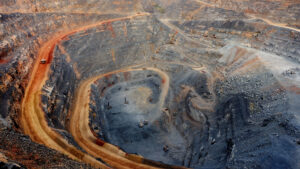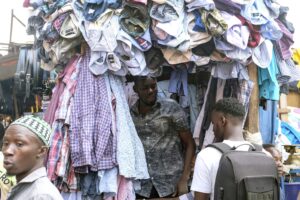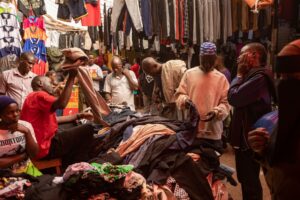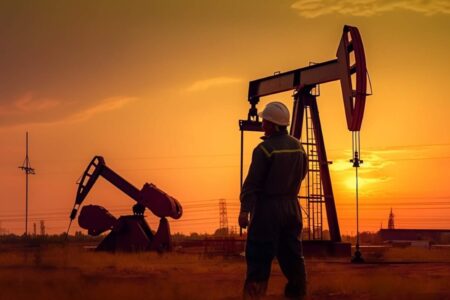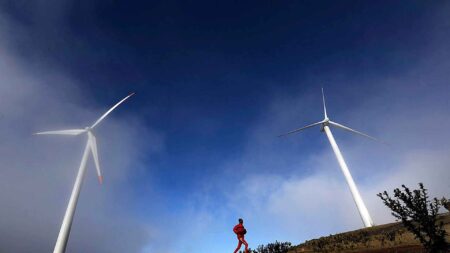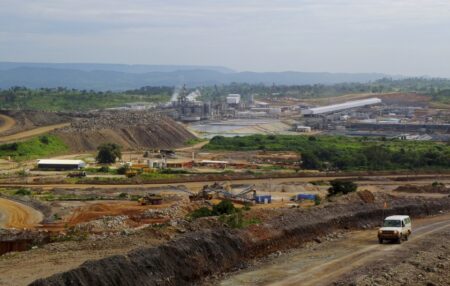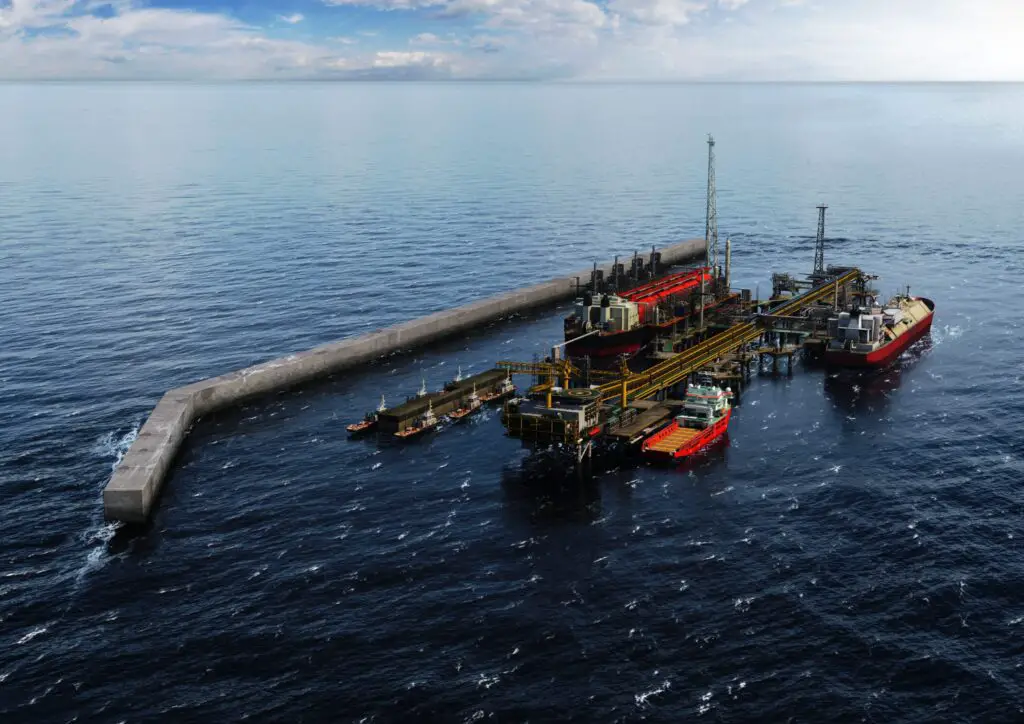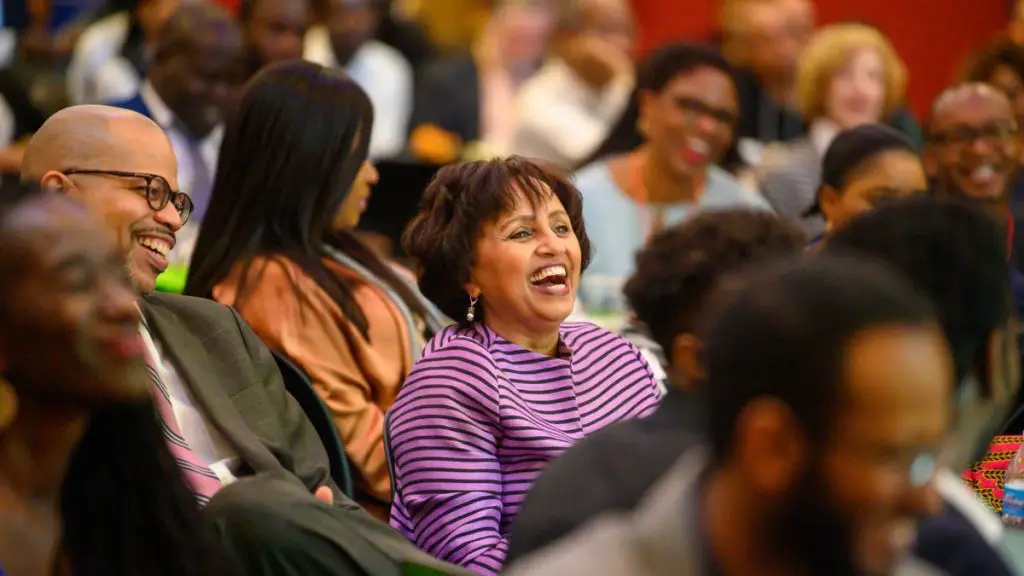Trending
- Copper: Balancing mineral needs and environmental care
- Rethinking waste: Can Uganda’s textile upcycling inspire an EAC-wide shift?
- The hidden cost of Uganda’s love for second-hand clothing
- AIM Congress 2025 to host forums tackling global market challenges and investment trends
- Saudi Arabia’s Neom: Lessons for Africa’s tourism and smart cities
- Tanzania to import 100MW of electricity from Ethiopia via Kenya
- Power play: Can the green energy push ever outpace big oil?
- Slashing foreign aid: Is Trump right or wrong?
